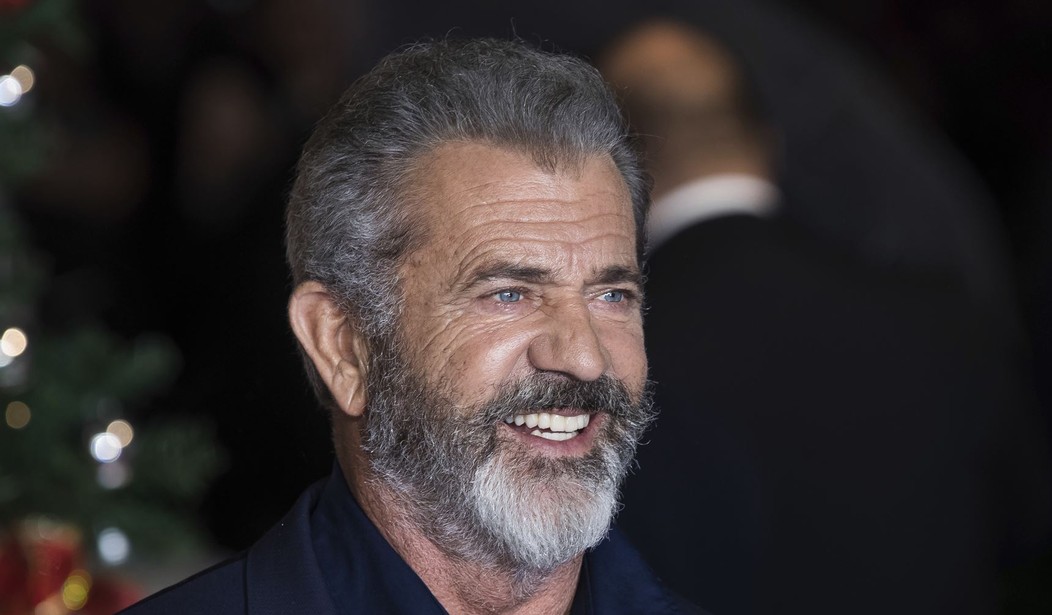A couple of days ago, I wrote about Mel Gibson getting his gun rights restored. In that piece, I asked about other people's rights. Sure, there were apparently nine other people on the same list as the Hacksaw Ridge director, but we don't know anything about them as of this writing.
Yet there are a lot more than 10 people who deserve to have their rights restored.
Those include people with similar misdemeanor charges to what Gibson pleaded no contest to, but as Reason's Jacob Sullum notes, there are a lot more people than that who are arguably more deserving.
Gibson lost the right to possess firearms in 2011, when he pleaded no contest to a misdemeanor involving domestic violence: an assault on his girlfriend. Another provision of the same federal law sweeps much more broadly, covering anyone convicted of a crime punishable by more than a year of incarceration, regardless of the sentence that was actually imposed, whether or not the offense involved violence, and no matter how long ago it happened.
To give you a sense of how capacious that category is, it includes the president himself, who last year was convicted of 34 state felonies involving falsification of business records. Because of those convictions, which did not result in any formal punishment, a man entrusted with control of the nation's vast military might, including its nuclear weapons, is not allowed to own a gun.
No matter what you think about the underlying case, that situation makes no sense as a matter of public safety. It is likewise hard to see the logic of taking away someone's Second Amendment rights because he grew or sold marijuana, underreported his income to obtain food stamps, misrepresented the thickness of shoe inserts, tampered with fishing gear, inadvertently transported a box of ammunition into Mexico, or committed any of the myriad other nonviolent offenses that trigger this disability.
Even the American Civil Liberties Union, which is not known for defending the Second Amendment, sees a problem with this "extraordinarily broad statute," which "does not target dangerousness or propensity to commit violence." It says "there is no historical precedent for such a broad ban on firearm possession."
Sullum goes on to discuss how there is a restoration process that was delegated to the ATF by the then-attorney general's office, then defunded by anti-gun Democrats so that no one could ever get their rights restored. That has been corrected, thankfully, but the fact that anything needed correcting was especially problematic.
There are a lot of people who are denied their right to keep and bear arms without having ever been a threat to anyone.
Sullum also notes that Gibson's rights being restored was an act of political favoritism--which, let's be real, it is.
However, the key point here is that there are a lot of other people who need to have their rights restored, and on that, he and I are in total agreement as well.
It's one thing to take someone's right to keep and bear arms following a felony conviction, but for me, the biggest issue with that was that without some method for having those rights restored, it was a lifetime ban and applied to all felonies equally regardless of circumstances. You could get your voting rights back easily enough, but not your gun rights. That was always wrong, and it meant that people never really finished paying their debt to society.
If Mel Gibson getting his rights restored sparks more of this, then good.
If he's the outlier and only got it because of his connections, then we have a problem.







Join the conversation as a VIP Member